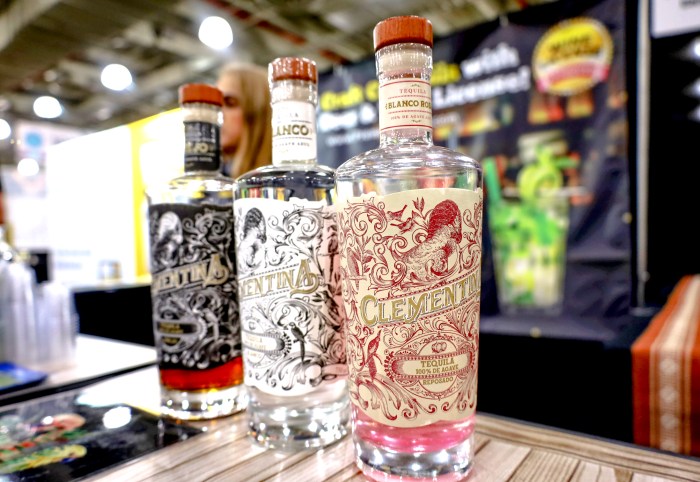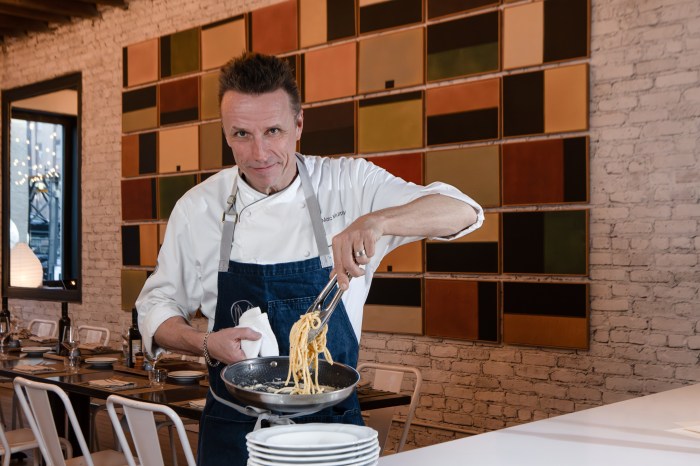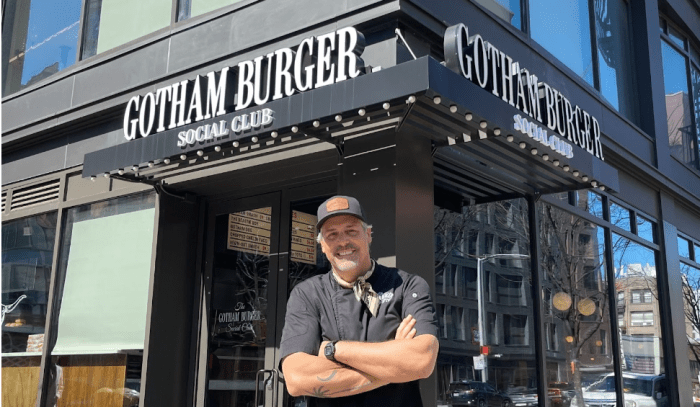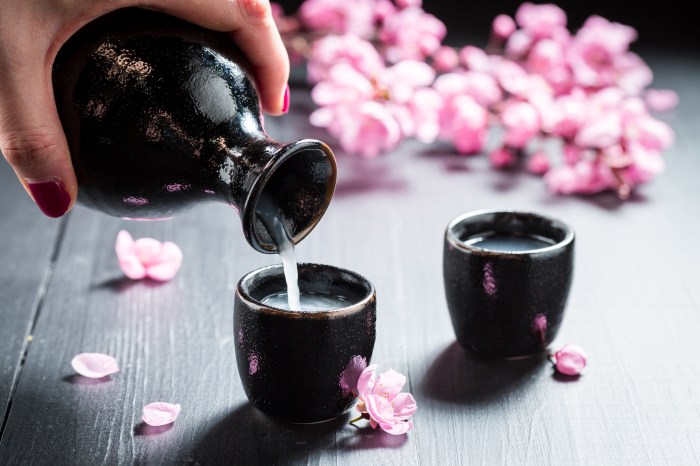
There are new options for finding poppy seed protein bites and organic cold-pressed coconut oil.
Two Manhattan-based online marketplaces have recently launched that specialize in health-focused pantry goods.
Bubble, which officially launched earlier this year, stocks some 500 shelf-stable products from more than 100 brands, from snacks like granola and jerky to staples like butters and spices. Public Goods debuted in September with its own line of personal care products before expanding to cleaning products and, last month, food, with a focus on organic staples.
Jessica Young was director of products and operations at Daily Harvest before building up the millennial-targeted Bubble. She saw a need for health food brands to get their products into customers’ hands, along with a demand from customers for “bang-for-your-buck nutrition.”
“There’s a lot of work cleaning up products still to be done in the market,” Young, 30, said. “All the products we’re going to be releasing are takes on classics but with super-clean labels. Nothing has refined sugars, fillers, additives, gums.”
So far, vegan goods have been popular, including Mustache Munchies crackers, a “riff on Goldfish,” and Lily Puffs, puffed water lily seeds which “kind of look like a healthy Cheeto,” Young said.

With Young’s background in product development and chef training, Bubble also is launching its own products each quarter. First to drop: Hella, a vegan hazelnut spread that’s sold out twice so far.
“We literally cannot make enough of it,” Young said. “People are tagging us as the next Oatly. It’s hilarious.”
Morgan Hirsh was coming from the world of leather goods manufacturing when he launched Public Goods last year, with an aim to provide organic products at affordable prices through, in part, a membership model. For $59 a year, members have access to the site’s stock of shampoos, dish soap, extra-virgin olive oil, tomato sauce and more.
“I started this because I wanted to build an online shop for things that people need,” said Hirsh, 39. “A place people could get quality products no. 1, they could trust, and no. 2, they could afford.”
For food, there was a priority on stocking certified organic items and fair trade coffee. Snacks, which include popcorn and a variety of crackers, have been especially popular so far.
Public Goods has nearly 30 products in its food category, all priced under $10, with plans to add condiments, jams and beef jerky this month. Over the next year, the marketplace will add an additional 200 products across all its categories, with the vast majority in food, according to Hirsh.

“We’ll keep listening to our customers and develop the products that they want,” said Hirsh, whose members are primarily in secondary cities and suburbs. "Those can be in food or drink or personal care, vitamins, feminine hygiene."
Bubble — which counts among its investors Karlie Kloss — is looking to get into perishables and baked goods as it grows its inventory, as well as the hemp category (its next product release is on 4/20, Young teased).
“There’s more education than ever about health and wellness, there’s a growing customer base of people who want these products and there’s more people than ever making and inventing new products,” Young said. “We created our own bubble into the health food space.”

















